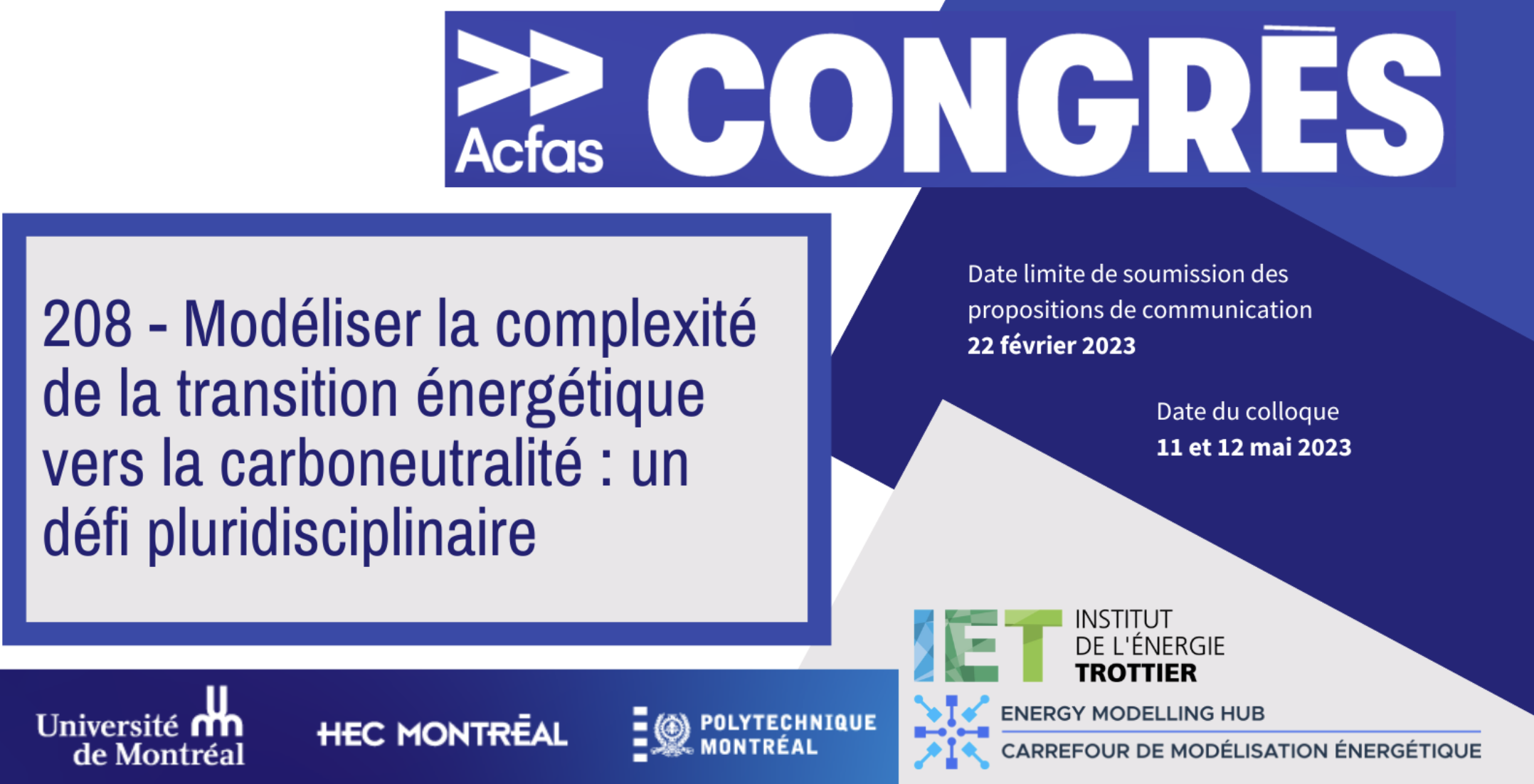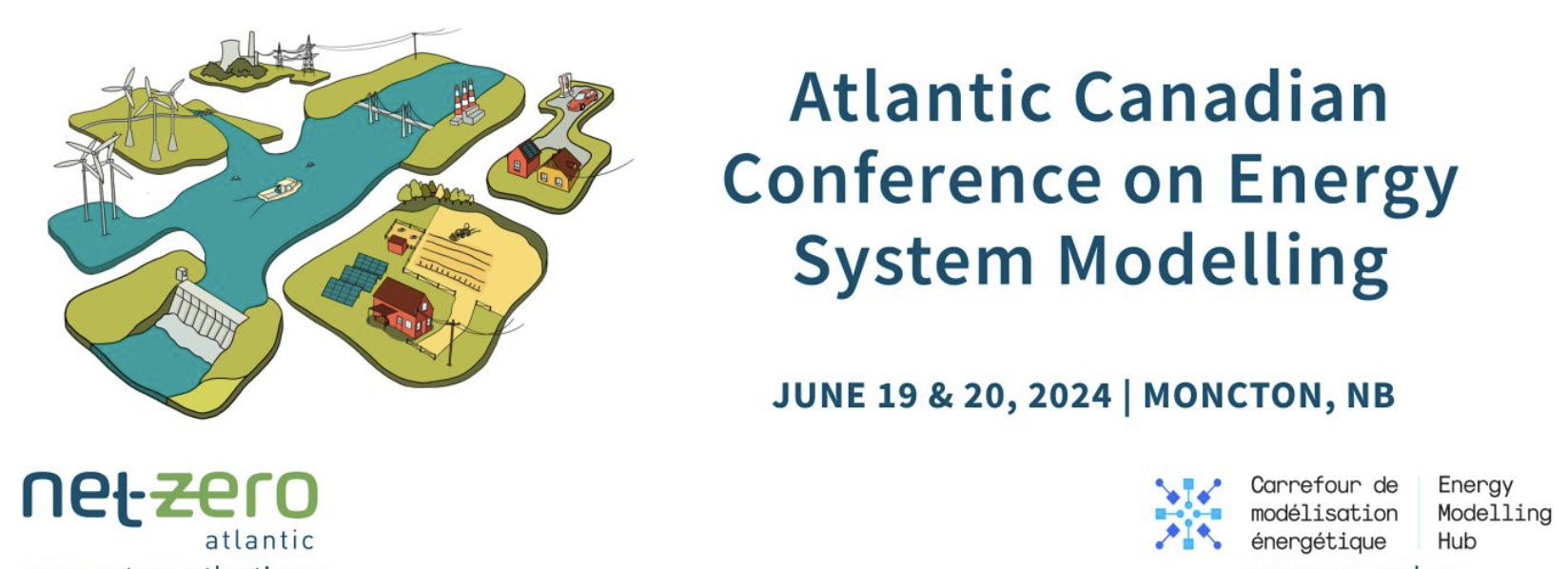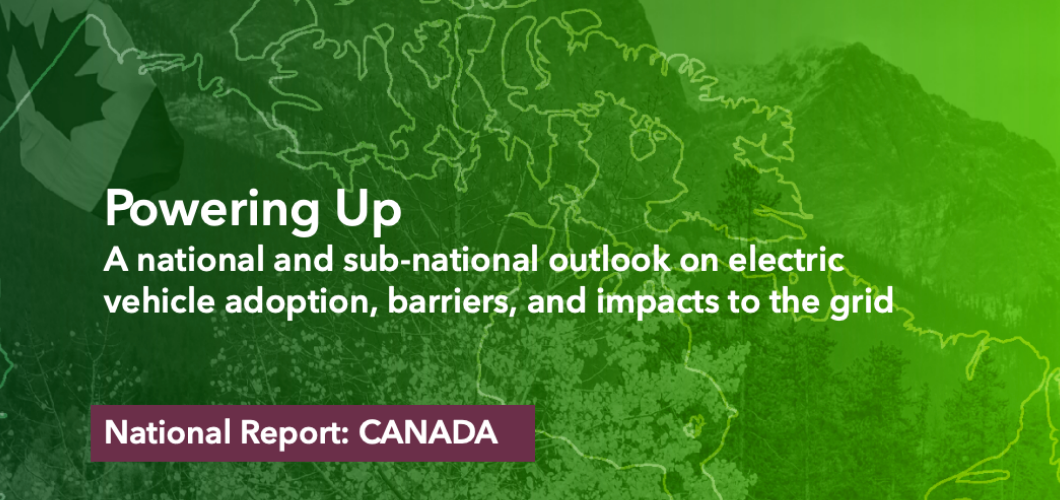Modeling the Complexity of the Energy Transition Towards Carbon Neutrality: A Multidisciplinary Challenge
The goal of carbon neutrality by 2050 adopted by Canada implies a profound transformation of its energy system. Whether it’s the production, transportation, storage, or use of energy in all its facets, all elements of the energy system must be rethought. The complexity as well as the magnitude of costs and choices necessary to succeed in this transformation, along with the tight schedule associated with it, require a thorough analysis to limit mistakes. This need is even greater if we want to ensure that the investments and efforts that will be committed will allow progress both on the energy level and on other societal issues.
In this context, modeling can be a powerful tool to explore these choices. However, if the energy and sectoral models developed over the last decades succeed in evaluating with a certain accuracy the impact of modifications at the margin of the current energy system, most of these, whether technical, economic, or social, are not developed to correctly project the various deep decarbonization trajectories that one may want to test.
Thus, economic and techno-economic models rely on historical parameters whose relevance must be questioned given the scope and pace of transformations. Moreover, sectoral models, whether in transportation, building, or for particular industries, focus more on service delivery than on energy transition. Finally, these models struggle to integrate behavioral changes, social relations, and other issues outside the energy system, although they are just as determining for it.
This colloquium, jointly organized by the brand new Energy Modeling Hub and the Trottier Energy Institute, aims to bring together researchers in pure and applied sciences, social sciences, and economics to discuss the issues related to the development of the models necessary to accompany Canada towards carbon neutrality and to develop paths to quickly move towards applicable solutions, supporting decision-makers.



